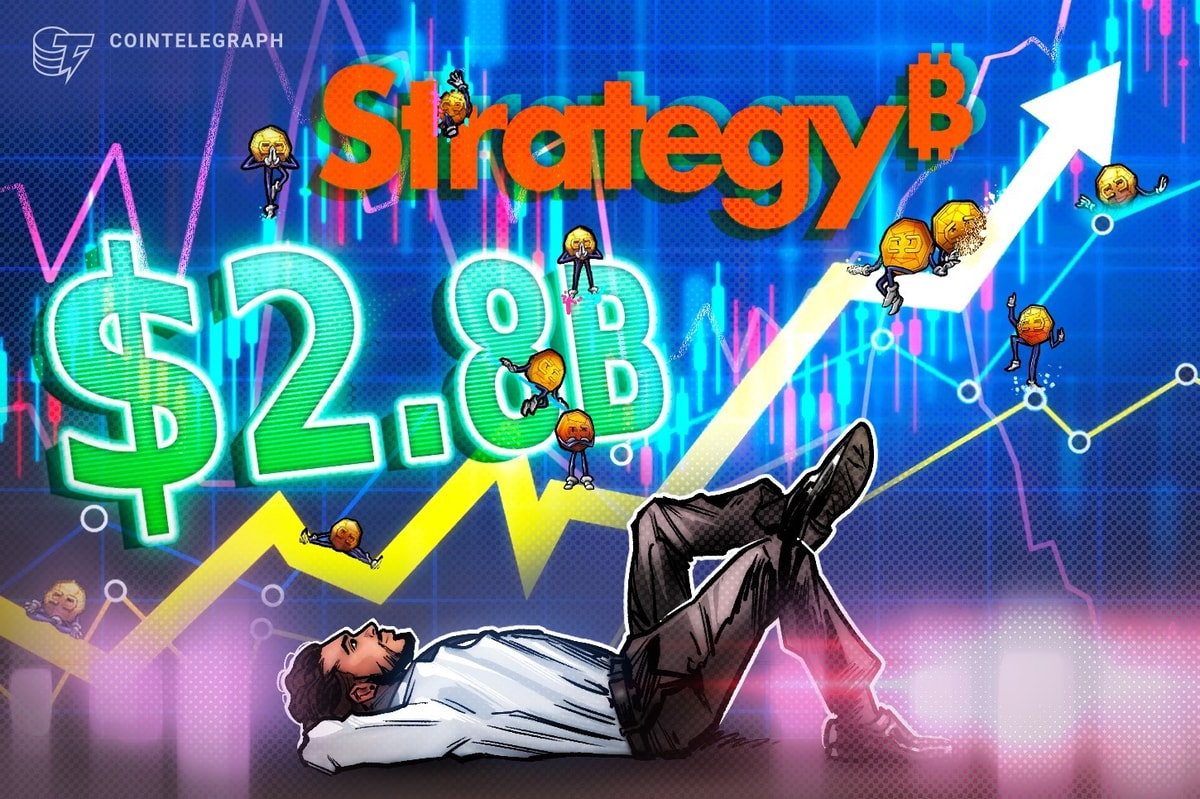Your house isn’t just where you live — it’s also a powerful financial asset. For homeowners, tapping home equity offers a smart way to access cash without selling the place you call home. Whether you’re planning a big renovation, consolidating debt, or supplementing your retirement income, options like reverse mortgages, home equity loans, and home equity lines of credit can help. But which one is the best match for your financial goals?
There’s no one-size-fits-all solution for every homeowner, but having information about each option can help you compare your options and make a more informed choice. We’ll start by defining each type of home equity lending option and then compare the three so you can see their similarities and differences.
In this article:
A reverse mortgage is essentially the opposite of a traditional mortgage; instead of buying a home, lenders use the equity in your home as collateral for a new loan. The way you receive your loan proceeds is pretty flexible too. You could opt for a one-time lump sum or even choose a line of credit or monthly installments. Options vary depending on the reverse mortgage lender.
This sounds pretty sweet, but reverse mortgages aren’t available to everyone. First, you must be 62 or older to qualify for most types of reverse mortgages (including the common home equity conversion mortgage, or HECM), and you will need to live in the home for the majority of the year. Then, you’ll also have to own your home outright or have a minimal mortgage balance remaining and stay current on things like homeowners insurance, property taxes, and property upkeep.
Repayment on a reverse mortgage isn’t required until you sell the house, move out permanently, or die. Terrific, right?
Here’s the catch: Since you aren’t making payments on your loan balance, the interest can really add up and eat into your home’s equity. While the law says you can never owe more on a reverse mortgage than your home’s value (thanks, law), your loan balance could skyrocket and leave you with little to no equity when you die or are ready to sell your home — an important thing to keep in mind for your estate planning.
Reverse mortgage pros and cons
Pros
Payment flexibility. Choose from a variety of options, such as a lump sum or regular monthly payments, to get the money you want on your terms.
Tax-free retirement income. Your income from a reverse mortgage typically isn’t taxable, though you’ll want to chat with a tax pro regarding your unique circumstances.
Receive money instead of owing money. If you don’t want to include your home in your estate planning, a reverse mortgage can provide income you’ll never have to repay.
Cons
Cost. Reverse mortgage costs can be high since you’ll pay closing costs like a regular mortgage. If you still have a first mortgage, you’ll need to keep making those payments as well.
Estate planning complications. If you want to keep your home as part of your estate plan, your heirs will need to refinance the reverse mortgage balance into a new mortgage or pay the balance outright to retain ownership.
Potential Medicaid eligibility impacts. Depending on the situation, a reverse mortgage may count as an asset in Medicaid calculations, which can delay your eligibility for benefits if you need long-term care assistance. Speak with a loan professional or financial advisor to find out whether your reverse mortgage will count as an asset.
Dig deeper: The pros and cons of reverse mortgages
A home equity loan (HEL), which is one type of second mortgage, is a term loan that lets you borrow a percentage of your accumulated home equity. When you take out a home equity loan, you borrow a fixed sum at a fixed annual percentage rate (APR) and repay it with fixed payments over a fixed term, typically between five and 30 years. (You may have noticed that the keyword here is “fixed,” meaning a home equity loan is very predictable for the borrower.) The amount you can borrow with a HEL depends on your home’s market value, home equity, and creditworthiness.
Homeowners tend to use home equity loans for significant expenses like home renovations, debt consolidation, or funding major life events. A plus for home equity loans? They can have lower interest rates than unsecured lending options like credit cards and personal loans because your home secures the loan. Since your home is collateral, you shouldn’t take one of these loans out lightly. Defaulting on your home equity loan payments could put your house at risk of foreclosure.
Home equity loan pros and cons
Pros
Make larger projects a breeze. Up-front lump sums put expensive projects and bills within reach.
“Fixed” everything. Fixed rates, payments, and terms help with planning and budgeting.
Tax savings. Your home equity loan could come with tax benefits if you use the funds for home improvement (chat with a tax pro for details).
Cons
Added monthly expense. You’ll need room in your monthly budget for an additional payment.
Default risk. With your home acting as collateral, default carries a hefty risk: foreclosure.
Costs. Closing costs can eat into your loan proceeds and increase expenses.
Learn more: The best home equity loan lenders
Like a home equity loan, a home equity line of credit (HELOC) lets you borrow against the equity in your home but on more flexible terms. A HELOC doesn’t provide a lump sum up front like a home equity loan. Instead, it offers a revolving line of credit you draw from as needed during a “draw period,” usually lasting up to 10 years. You could picture a HELOC as a credit card secured by your property. You only pay interest on the money you borrow during the draw period.
When the draw period is over, the HELOC moves into the repayment phase, when you repay the principal and interest over a set term spelled out in your borrowing agreement with the HELOC lender. You might consider a line of credit if you’re looking for a flexible way to pay for ongoing expenses like smaller home improvement projects or college tuition costs.
Your credit line amount will depend on your home equity and creditworthiness. And since your home is collateral, you’ll want to keep a sharp eye on repayment to avoid foreclosure risk.
HELOC pros and cons
Pros
Flexibility. You can borrow only the amount of money you need when you need it, and only pay interest on the amount you draw.
Lower costs. HELOCs often have lower up-front costs compared to home equity loans.
Lower rates. HELOCs typically have lower rates than unsecured borrowing options like credit cards or personal loans.
Revolving credit. Repaying your draw replenishes your credit line so you can take out money again during the draw period without applying for a new loan.
Cons
Variable rates. Most HELOCs have adjustable rates, meaning your payments can rise if general interest rates increase. (However, your rate will also go down if interest rates decrease.)
Foreclosure risk. Your home is used as collateral, so failing to make monthly payments could result in losing your property.
Potential for overspending. A HELOC’s revolving credit nature can tempt you to borrow more than you need or can manage.
Keep reading: How to get a HELOC in 6 simple steps
When tapping your home equity, the choices can feel overwhelming — especially since reverse mortgages, home equity loans, and HELOCs share some similarities. Each option unlocks the value of your home, but the details make all the difference. If you’re stuck deciding which path suits your financial goals, don’t worry. We’ve broken it down for you.
When comparing a home equity loan versus a reverse mortgage, the biggest distinction is with repayment. A home equity loan requires monthly payments that start immediately, while a reverse mortgage doesn’t require repayment until you sell your home, move out, or pass away.
A reverse mortgage is likely best for retirees needing steady cash flow without monthly payments.
A home equity loan is likely best for homeowners who need a lump sum and can handle regular payments.
When we stack up a HELOC versus a reverse mortgage, the primary difference is funding flexibility. A HELOC acts as a revolving line of credit, which lets you borrow as needed during the draw period and repay later. In contrast, a reverse mortgage provides funds up front or in installments, with repayment deferred until you sell your home, move out, or pass away.
A reverse mortgage is likely best for retirees needing steady cash flow without immediate repayment.
A HELOC is likely best for homeowners requiring flexible, ongoing access to funds.
Finally, let’s look at a home equity loan versus a HELOC. With these two home equity lending options, the key difference is how you access the money. A home equity loan gives you an up-front lump sum with fixed monthly payments, making it ideal for one-time expenses like a major renovation. A HELOC creates a revolving credit line, allowing you to borrow as needed during the draw period. While home equity loans offer predictable payments, HELOCs have variable rates that fluctuate depending on economic conditions.
A home equity loan is likely best for homeowners with a specific, large expense in mind since rates, terms, and payments remain fixed for the life of the loan.
A HELOC is likely best for those who need ongoing access to funds with borrowing flexibility and who don’t mind a variable interest rate.
What is the difference between a reverse mortgage and a home equity loan?
The difference between a reverse mortgage and a home equity loan is that a reverse mortgage is a lending product reserved for seniors (62 and up) and doesn’t require repayment until the owners sell the home, move out, or die. A home equity loan, however, provides a lump sum that requires immediate fixed monthly payments, and there is no age requirement.
The main downfalls of a reverse mortgage include high up-front fees and a mortgage principal that accumulates over time, reducing your home equity. Reverse mortgages can also affect your eligibility for need-based government programs like Medicaid.
Yes, seniors can get home equity loans if they meet the lender’s requirements, including a good credit score and a stable income, demonstrating they can easily make the required monthly payments.
Laura Grace Tarpley edited this article.



























